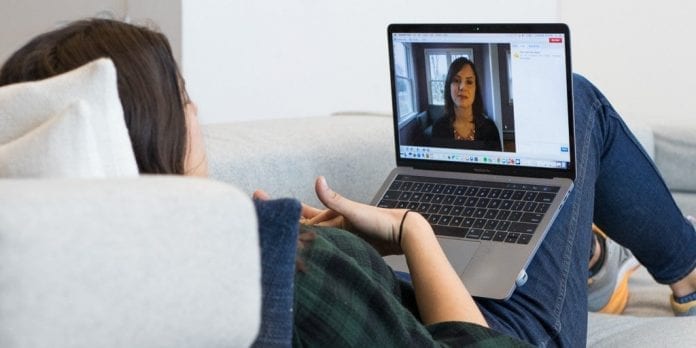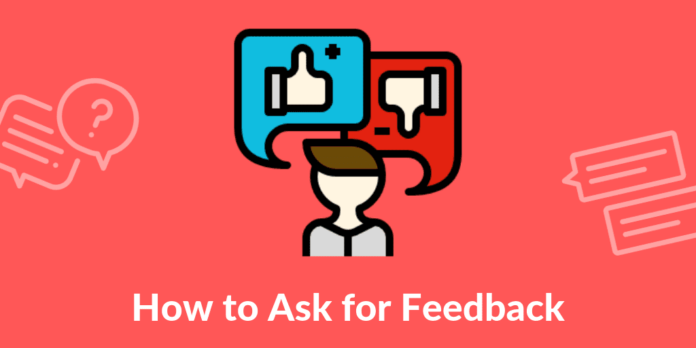One year ago we were able to do anything. There were no restrictions, and we had loads of different interactions, as well as everyday activities. For some people, adjusting to the new set of rules is still hard, and some might be struggling in a certain field. For some people, therapy and getting help may be one of them. If you’re struggling with some personal issues and you’re not too sure how to handle anxiety, stress, or depression – keep on reading. Here, we will explain some important facts when it comes to counseling, and we will help you get through some rough times in your life, even during this pandemic!
7 Ways People Are Getting counseling Therapy During The Pandemic – Most Asked Questions
Q1: How can I switch to online therapy?

A: Most people are worried about making this switch since everyone is getting online sessions. At first, this might be weird for you, since it is so new. You might need a bit more time to get used to watching a screen and talking to your psychiatrist or your counselor. When doing the online switch (as most people will need to do) you should have everything prepped and ready to go. Bring your phone, laptop, and get the right app (if they tell you to download something). Make sure that your Wi-Fi connection is proper as well.
PS: Bring a notebook and write some things down as you two talk. This will help you stay on topic and you will not lose your focus after you are done with your session.
Q2: Are online sessions effective?

A: Most people are worried that online sessions are not as effective as in-person meetings are. Most people would rather talk to their spouse, friends, siblings, or family members since this might seem like an effective method. However, you should think about the other party, since this can be draining on their end as well. You can get amazing feedback and a lot of help at first, but they can’t help you move forward, nor get the right perspective. Online sessions will be more beneficial than any friend on friend interaction, and they will be just as successful as in-person sessions. This is why you should check out www.carolinebronte.co.uk. They are the top-rated counselor team in Windsor. Every session is tailored per your needs and your issues. In a couple of sessions, you can get help with stress, anxiety, eating disorders, relationship problems, and many more!
Q3: What to expect?
A: No matter what platform your therapist is using and how advanced it may be, they will still know how to approach you! Just make sure that you have realistic expectations, and don’t feel discouraged just because you’re using a new platform. At first, it might not feel natural. It does take time to sync with your therapist and to understand their approach and way of thinking. It can also take some time for their words to get to you since every person is different.
Do not get frustrated if your’s or their internet connection is poor. The first 2-3 sessions might be a bit uncomfortable or hard to figure out, but this is completely normal when it comes to switching to online platforms!
Q4: How flexible are you?
A: Most therapists will ask you this question since they will need to know what they are working with. Will you two use audio, video, or strictly only chat and use email and messages? For some people who live with their parents, it may be easier to use messages at first. It is best to isolate yourself when it comes to these sessions, but if you’re not capable to do so, you should rather ask your family members for a bit of privacy, time, and space. Be open to experimenting and talk freely with your family members on how important this is to you, and why you believe that audio and video communication may suit you better. Slowly yet surely, make this transition.
Q5: Are you naming what you need?
A: With COVID-19 going around people might feel a bit uncomfortable or weird to state their true and deeper needs. Staying true to yourself and your feeling may come off as something bad or negative since the entire world is falling apart, literally. But just as important it is to wear a mask at the moment, drink water, eat right & sleep, it is important to vocalize your mental health and needs. Some people can feel as if they’re asking for too much during these rough times, but remember that it is normal to struggle and that you are not alone. Do not feel ashamed in asking for help, and rather think about your future and how you’re going to act (as well as grow) once the pandemic is over.
Q6: Ask the right questions
A: Are you confident and relaxed enough to ask the right set of questions? It is important to have a schedule with your therapist during these times, since plenty of people worldwide depend on them, their approach, as well as weekly sessions. Here are some questions that you can write down and ask before you begin your collaboration:
- a) Can we brainstorm something for my personal needs?
- b) Is it okay to message you at any point during the day?
- c) What does our price entail?
- d) Can you give me some coping techniques?
Q7: Always ask and give feedback

A: A lot of therapists are slowly yet surely adapting and are adjusting to this new platform, which may be a bit hard to understand, at first. This applies to both parties, which further justifies any additional questions on both ends. Give your honest thoughts after having 2-3 sessions, and see if it is possible to switch the platform (in case if you’re not satisfied). Be open, honest, as well as direct. Feedback on both ends is more than essential, and proper communication (as well as transparent communication) is the only way and a guarantee for you to have a long and successful journey.









